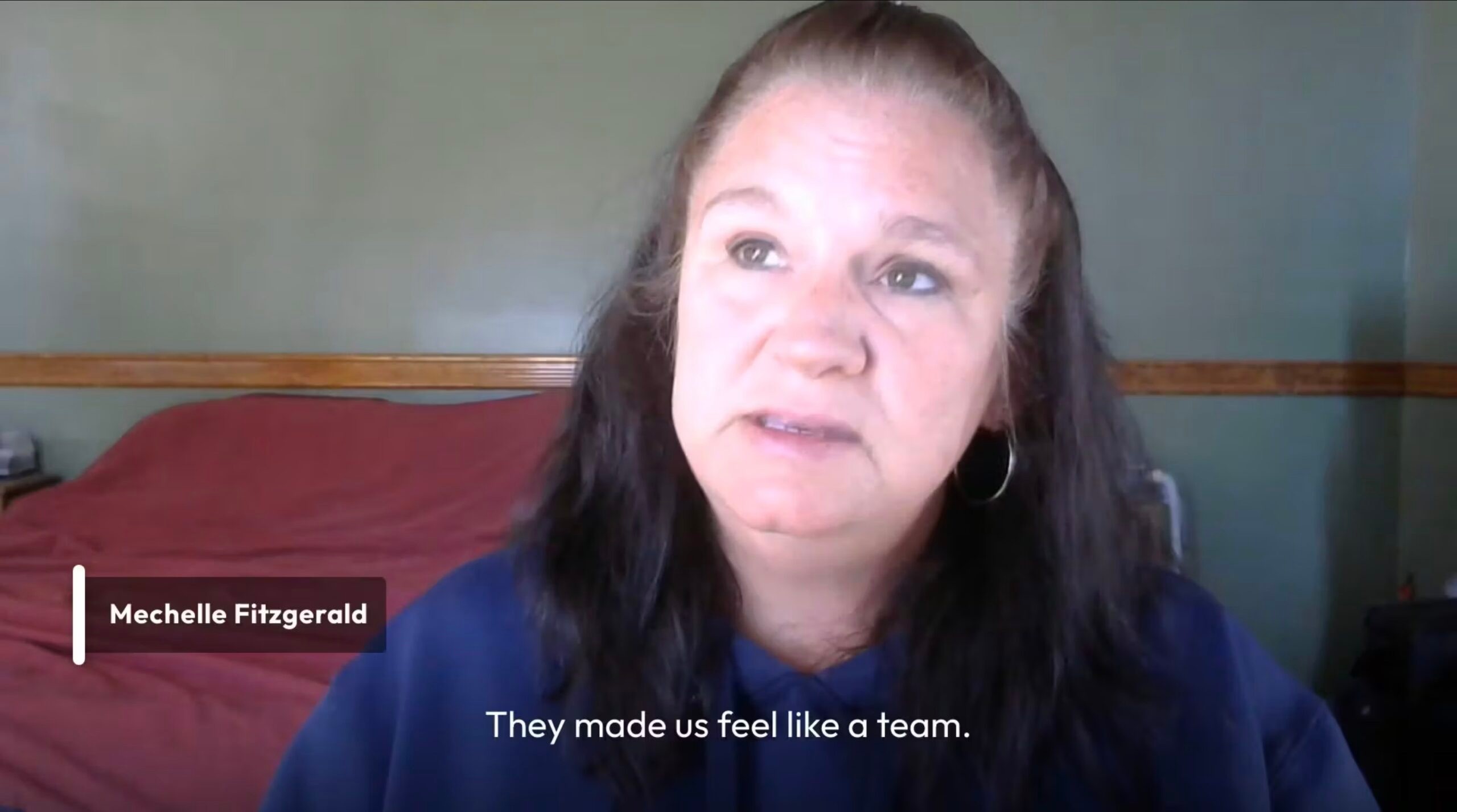What is the Most Common Traumatic Brain Injury?

What is a Traumatic Brain Injury?
In a traumatic brain injury, brain tissue gets injured by bruising, tearing, or direct physical penetration by an object. Traumatic brain injuries are usually categorized into three levels, based on the length of your loss of consciousness, the neurological symptoms caused by the injury, and other factors:
- Mild TBI: The most common variety of TBI, which results in a dazed or confused feeling or a loss of consciousness for less than 30 minutes following the injury. Mild TBIs are still serious injuries requiring immediate medical care, but victims have a good chance of fully recovering with proper treatment.
- Moderate TBI: Victims can lose consciousness for over 30 minutes but less than one day. A moderate TBI is often accompanied by bruised, bleeding, or torn brain tissue. It can take a significant amount of time to heal.
- Severe TBI: Includes a loss of consciousness for more than a day. Due to the seriousness of the injury, victims are at risk of permanent disability or life-threatening complications.
Regardless of the level, all TBIs are frightening and can potentially change a victim’s life forever. A knowledgeable Philadelphia traumatic brain injury lawyer can describe how TBIs usually occur, the most common type, and how the right law firm can play a vital role in your recovery.
How Do Traumatic Brain Injuries Happen?
TBIs can occur any time the skull impacts an object or surface or when an individual experiences violent shaking or thrashing that can damage the brain. An object that pierces the skull, such as a bullet, can also result in serious brain injuries or death.

Common circumstances that can result in brain injuries include:
- Motorcycle or auto accidents
- Playground accidents
- Slips and falls
- Sports injuries
- Domestic abuse or assault
- Nursing home negligence
- Trucking accidents
- Workplace accidents
While anyone can suffer a TBI, people over 65 tend to be at much higher risk of brain injuries due to the prevalence of balance issues and falls in older individuals. The Centers for Disease Control and Prevention (CDC) reports that falls were responsible for nearly half of all TBI-related hospitalizations in the US in 2021.
What is the Most Commonly Experienced Type of TBI?
While many types of TBIs exist, including brain hemorrhages, contusions, and diffuse axonal injuries (DAIs), concussions are by far the most frequently experienced brain injuries. Concussions can result from a blow to the head from any direction or a whiplash-type movement. These violent actions can cause the brain to bounce off the inside of the skull, causing stretching and damage to delicate brain tissue, nerves, and blood vessels.
Concussions can be diagnosed as mild to severe, depending on the force and location of the impact and how much damage is inflicted on the brain cells. You should seek an immediate medical evaluation if you suspect you or a loved one has experienced a concussion. Only a doctor can diagnose your head injury and rule out other potentially life-threatening conditions, such as a brain bleed.
What Are the Effects of a Concussion?
Following a concussion, your brain may swell or develop bruising. This damage can also cause your brain to undergo chemical changes, resulting in many of the symptoms of a concussion, including:
- Anxiety
- Brain fog
- Chronic, severe headaches
- Confusion
- Coordination and balance issues
- Depression
- Difficulty speaking
- Dizziness
- Double vision
- Insomnia
- Light sensitivity
- Memory loss
- Mood swings
- Nausea and vomiting
- Numbness or tingling in arms or legs
- Post-traumatic amnesia
- Personality changes
- Seizures
- Tiredness
- Vision loss or changes
Luckily, most concussions do not result in death. A persistent headache is usually the most common symptom. During the healing process, you may need to avoid certain activities that could trigger your concussion symptoms, such as reading, listening to music, watching TV, or engaging in physical activity.

With physical and mental rest, most people will see their concussion will heal within 14-21 days. However, severe or repeated concussions can cause more significant damage and an extended recovery time. For some individuals, the symptoms of a TBI can last for years, or even a lifetime, and make it challenging to work or perform daily tasks.
What Damages Can You Seek if You’ve Suffered a Concussion or Another Type of TBI?
TBIs are sometimes referred to as “invisible injuries” because the effects of the damage can remain long after the outward injuries have healed. Victims of TBIs can experience chronic pain, life-long medical complications, and difficulty maintaining employment and relationships. TBIs can also increase your risk of developing mental health issues, such as depression, and cause a decrease in your quality of life.
If your TBI resulted from someone else’s negligent actions, you may be entitled to recover compensation for your losses. An experienced personal injury lawyer can help you file a claim for both economic and non-economic losses, including:
- Medical expenses, such as emergency room bills, medication and rehabilitation costs, and reimbursement for travel to and from appointments.
- Lost wages.
- Loss of future earning capacity if the TBI has impacted your ability to work.
- Pain and suffering.
- Loss of life’s enjoyment.
How Can Our Law Office Assist You?
Traumatic brain injuries are frighteningly common. The CDC estimates that there are more than 600 TBI-related hospitalizations nationwide every day. This number doesn’t include TBIs that went unreported or were treated in a clinic, ER room, or urgent care. Any time the brain is damaged, whether through a concussion or another type of TBI, it requires proper treatment and rest for that injury to heal.

Unfortunately, even with careful treatment, some victims never fully recover and must deal with the effects of the TBI for the rest of their lives.
If you or a loved one have suffered a TBI due to the negligence of another party, our experienced lawyers at Villari, Giannone & Matteo P.C. will fight to get you the justice you deserve. It’s important to note that Pennsylvania enforces time limits on filing claims for your injury, so prompt action is critical. Contact our law firm today to schedule a free, no-obligation consultation to discuss your legal options: 610-609-8477.
![Quote]() "Want to thank all of you once again not only for your professional services but your friendship and feeling like family through all of these past four years as we fought to rebuild Stefanie's life. I could not have made a better choice for helping us through this ordeal."
"Want to thank all of you once again not only for your professional services but your friendship and feeling like family through all of these past four years as we fought to rebuild Stefanie's life. I could not have made a better choice for helping us through this ordeal."Karl
- "They are all very helpful, caring and they do everything to try to make sure you as a client are OK and get you what you deserve. I would recommend them to anyone. They are a great law firm."
Tiffany
![Quote]() "I will happily be recommending your firm to anyone who may need your help in the future because of Jen, Eric and Brian."
"I will happily be recommending your firm to anyone who may need your help in the future because of Jen, Eric and Brian."Michelle
Hear What Our Clients Have to Say






